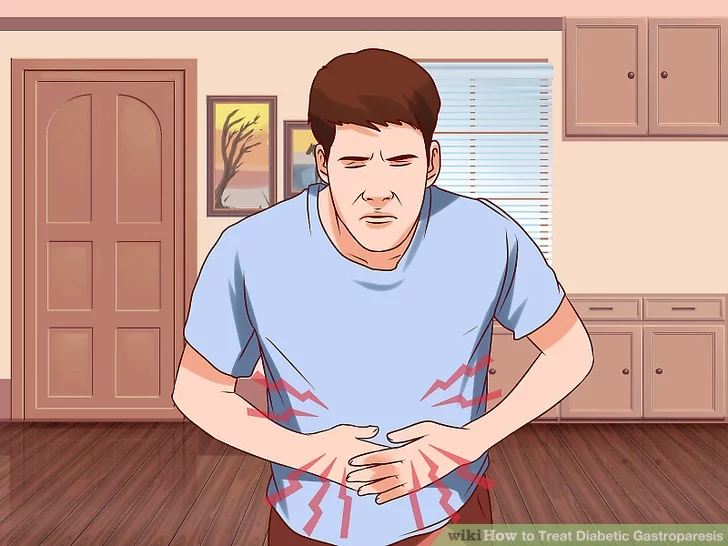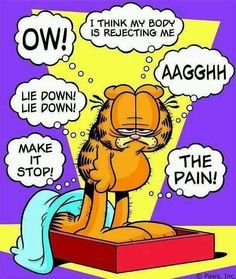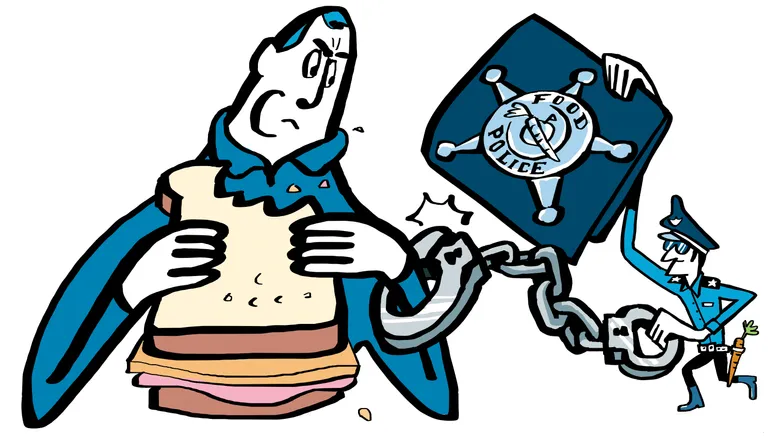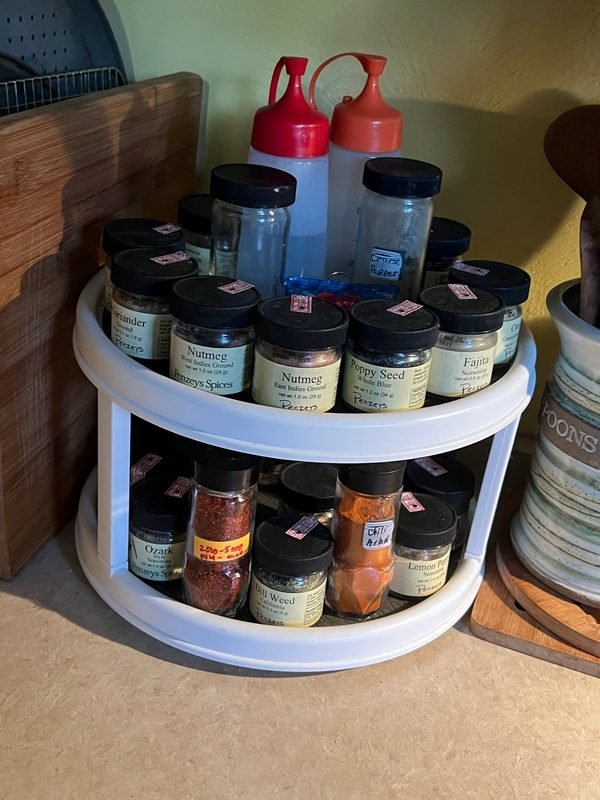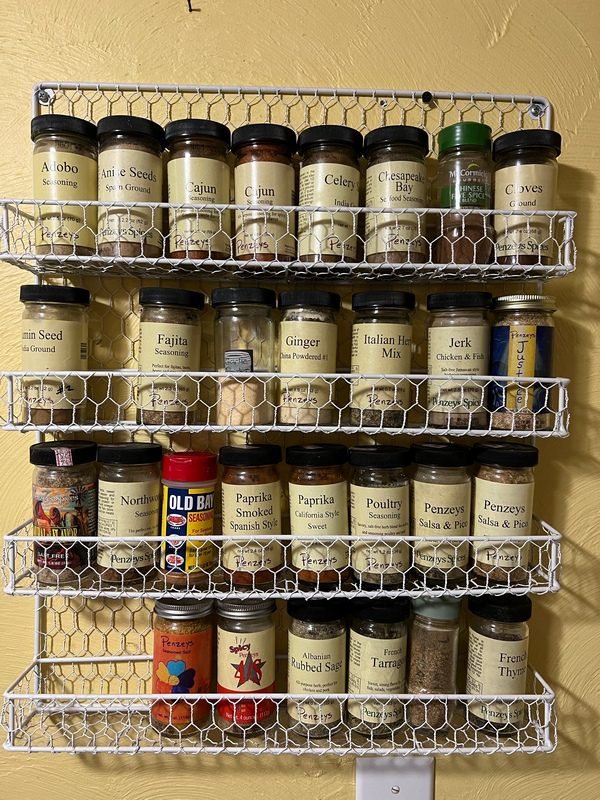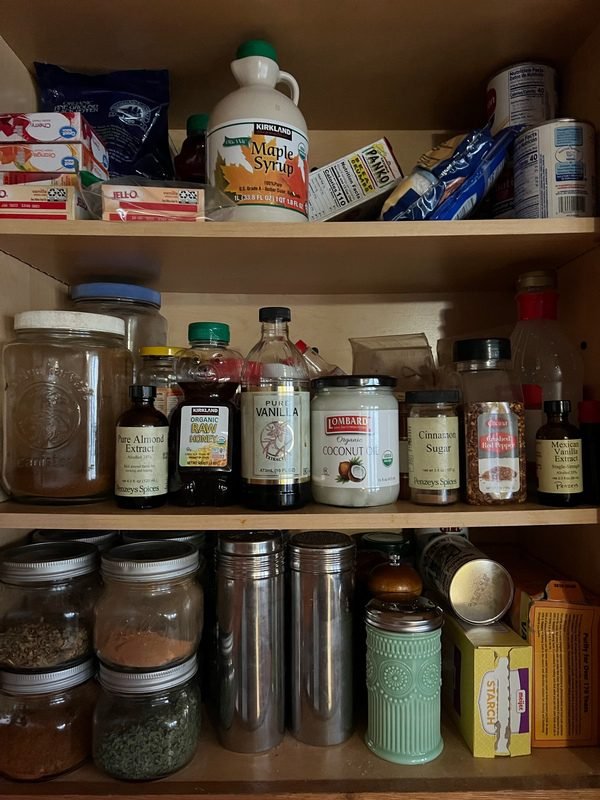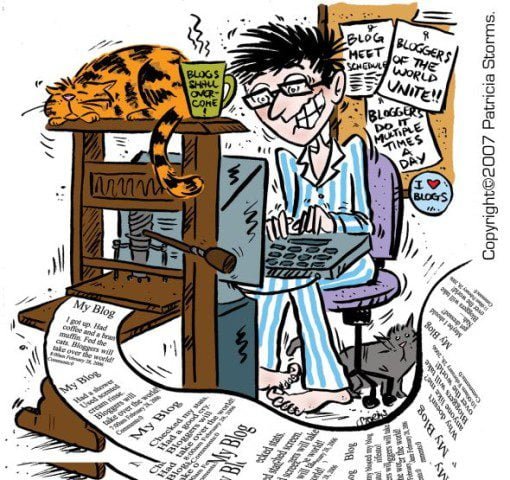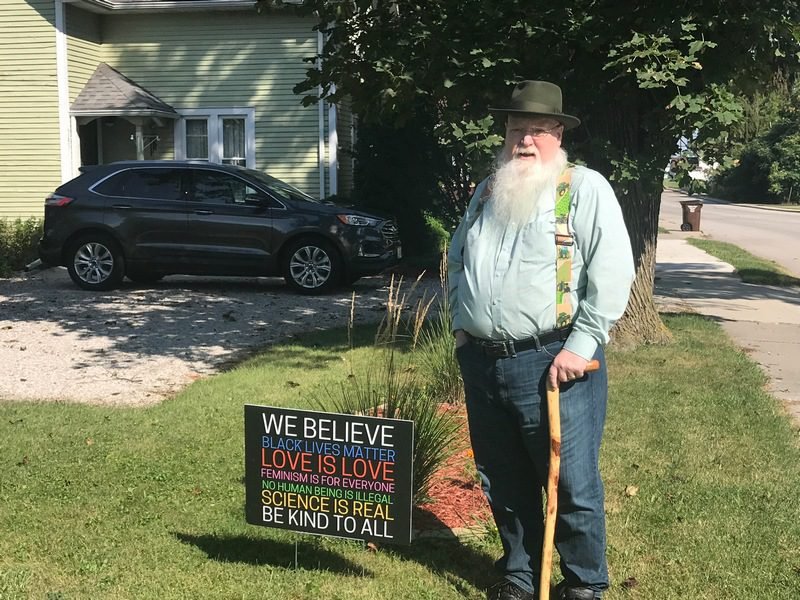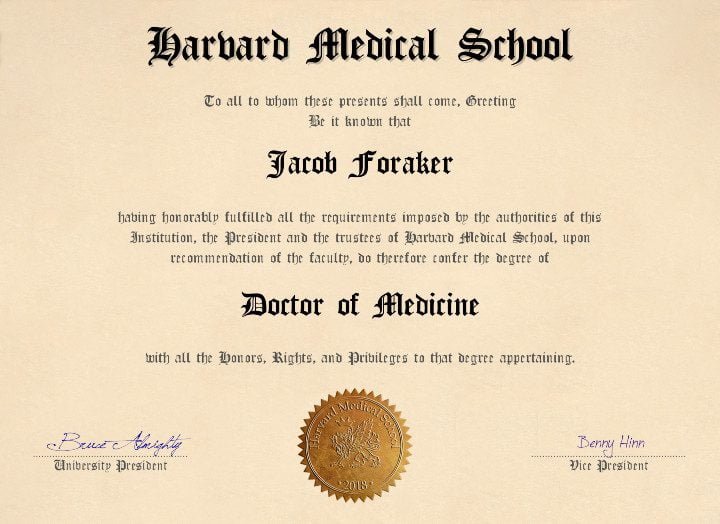
Proponents of chronic Lyme essentially just dismiss the scientific evidence, and instead resort to anecdotal evidence of a subjective response to treatment in some patients. As would be expected, when a group has a persistent belief that experts reject due to lack of scientific evidence, or even evidence of lack of efficacy, conspiracy theories proliferate. In this case the usual “Big Pharma” conspiracy won’t work, because the treatment being offered is pharmaceuticals. So a new enemy was invented, insurance companies. They were made the bogeyman for not wanting to pay for multiple courses of IV antibiotics.
— Dr. Steven Novella, Chronic Lyme Disease — Another Negative Study
Today, I received the following email from an Evangelical man named Jacob. Jacob read two posts on this site, How Dare I Badmouth IFB Evangelist CT Townsend! Says Fundamentalist Christian and the About page. Jacob spent nine minutes reading my writing before emailing me. He read none of my autobiographical material, nor did he bother to perform searches on the subjects mentioned in his email. No need, right? I am sure Jacob felt led by God to email me. After all, he knows exactly what is wrong with me physically and psychologically; that both my doctors and I are one hundred percent WRONG!
My response to Jacob’s email is indented and italicized.
Hello brother,
I am not your brother. I did learn last year that I have half-brothers and half-sisters, but I doubt you belong to my newfound family. I suspect you are using the word “brother” in a Christian sense; as in a “brother in Christ.” In what way am I your brother? I am an atheist. I am an enemy of Christ. I reject the central claims of Christianity. I am an apostate and a reprobate. I believe your religion is a cult. According to your true “brothers,” I am a tool of Satan, used by the Evil One to lead many people away from Jesus.
You spent less than ten minutes on this site. You don’t know me at all. So, let’s dispense with the familial language, okay?
First, I came to your page from your topic on CT Townsend. I just finished a 5 day youth camp and even though I am a Christian, I know much of what you had to say to be true. It’s sensationalism. They intentionally get people in their emotions and then pounce.
Yet, you are still a part of this. Why?
With that said, I only contacted you to share something with you that I’m certain you will toss aside and ignore: Many of your mental and physical ailments are caused by one thing: Lyme+ I understand the denial that comes when I say this, and I understand why. However, I am 100% certain that this is the truth.
Jacob is an evangelist for chronic Lyme disease, a diagnosis that has no scientific foundation. Please understand that lyme disease and chronic lyme disease are two different things. Please read the following for more information:
Chronic Lyme disease: Fake diagnosis or pseudo-diagnosis, NOT fake disease by Dr. David Gorksi
Avoid prolonged antibiotics for “Chronic Lyme” by Scott Gavura, BScPhm, MBA, RPh
Chronic Lyme Disease – Another Negative Study by Dr. Steven Novella
Does Everybody Have Chronic Lyme Disease? Does Anyone? by Dr. Harriett Hall
I have been reading the work of Gorski, Novella, and Hall for years. Proponents of science-based medicine, I find them to be credible experts on a wide array of medical issues. I have had the same primary care doctor for twenty-six years. I also regularly see specialists for the various diseases that afflict me. I have had extensive work-ups at the University of Michigan, the Toledo Clinic, and Parkview Medical Center in Fort Wayne. I have been poked, prodded, and scanned. CT and MRI scans from head to toe. Blood draws 3-4 times a year. Down the mouth and up the ass, doctors have looked at the internal workings of my body.
Yet, Jacob, who has no medical training outside of the ability to do a Google search and read feels duty-bound to offer a complete stranger on the Internet unsolicited, unwanted, unneeded, and most certainly, not appreciated medical advice.
I recommend listening to videos from the doctors studying this stuff like Dr Dietrich Klinghardt PhD. There is an excellent documentary called “Under Our Skin”. Please don’t just dismiss what I’m saying, but instead dig into it.
I will leave it to readers to do searches on the things mentioned by Jacob. I spent a few minutes doing so. I read enough to lead me to conclude that I am not going to waste my time. I’m confident that my doctors are doing the best they can for me. Yes, I wish they could magically heal me, but that’s not in the cards. I refuse to chase after woo and nonsense, only to be disappointed in the end. Years ago, I chased the fibromyalgia rabbit down numerous trails. I ended up in some crazy places. Who doesn’t want to feel better, right? My doctors do what they can to ease my suffering; to maintain or improve my quality of life. At this point in my life, that’s fine. I expect my doctors to do all they can to help me, but I know they aren’t miracle workers. Believe me, they would LOVE to fix me. Imagine the medical journal article they could write if, through their expertise, all my symptoms went away! This, of course, ain’t going to happen.
I went from early onset dementia(among many other things) at 28 years old, to feeling great and living my life again. There is no such thing as “fibromaylagia”. It is a blanket term used to describe symptoms of a chronic bacterial infection. DNA connexions has a wonderful test that will pick up these infections unlike the CDC guideline test that looks for an immune response. These infections infiltrate our body and essentially turn off our immune system to themselves. So, the test will always show negative if not caught early enough.
I have had fibromyalgia for almost as long as Jacob has been alive. I know this disease inside and out. And I know how to spell the damn word. 🙂 Jacob has been convinced by peddlers of woo and anecdotal evidence that fibromyalgia (and chronic fatigue syndrome) is not a real disease. Twenty-five years ago, this sentiment was more common in the medical community, but no longer. I haven’t been treated by a fibro-denier in years (and once I find out they are, I fire their asses).
Jacob thinks I have chronic Lyme disease, not fibromyalgia. Never mind the fact that I have been tested several times over the years for Lyme disease (especially when I first started having symptoms). Jacob is an Evangelical, so much like resolutely believing the Bible is inerrant and infallible, he believes the gospel of chronic Lyme disease. No amount of evidence will convince him that it is wrong — not even a peer reviewed double-blind study. He once was lost and now he is saved; he once was sick, and now he is healed. Here an anecdote, there an anecdote, everywhere an anecdote, JUST BELIEVE!
Good luck and I know you don’t believe in God, but I’ll pray for you, just in case you’re wrong:)
Fuck you, Jacob. You refuse to accept any of my story at face value. You stupidly and ignorantly — not really knowing anything about my medical conditions — reject my health claims. Then, you conclude your email by saying that you are going to pray that I get saved because you know that I am wrong about that too. Evidently, in Jacob’s world, no part of my story is my own. He, alone, is the arbiter of what is true. Imagine if I did the same to Jacob, trashing his beliefs and experiences? Why, he would be outraged. But, I don’t do such things. I accept the stories of others at face value. And I most certainly don’t question the medical care of others. If asked, I will answer questions and give practical care advice. After all, having fibromyalgia (and gastroparesis) has taught me a few things about the disease. I read the relevant literature when new reports and books are released. It would be impossible for me not to do so. When news headlines scream NEW TREATMENT FOR FIBROMYALGIA, GASTROPARESIS, OR CHRONIC PAIN, I am going to get a shitload of texts, emails, and social media messages.
I am sure Jacob thought he was doing me a favor by sharing his medical “expertise” with me. I am sure he thought I would be “grateful.” Hopefully, this is a lesson well learned for the young man. Don’t email strangers on the Internet; especially cranky curmudgeons; especially someone who has been seriously ill from COVID -19 and is currently bedfast; especially someone who was two weeks into topical chemotherapy treatment for cancer on his nose when he tested positive for COVID; especially someone who battles nausea, vomiting, and unrelenting pain every day of his life; especially someone who hasn’t seen his grandkids or gotten laid lately. 🙂
Saved by Reason,

Bruce Gerencser, 66, lives in rural Northwest Ohio with his wife of 45 years. He and his wife have six grown children and thirteen grandchildren. Bruce pastored Evangelical churches for twenty-five years in Ohio, Texas, and Michigan. Bruce left the ministry in 2005, and in 2008 he left Christianity. Bruce is now a humanist and an atheist.
Connect with me on social media:
Your comments are welcome and appreciated. All first-time comments are moderated. Please read the commenting rules before commenting.
You can email Bruce via the Contact Form.



